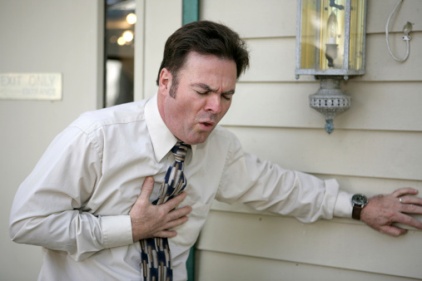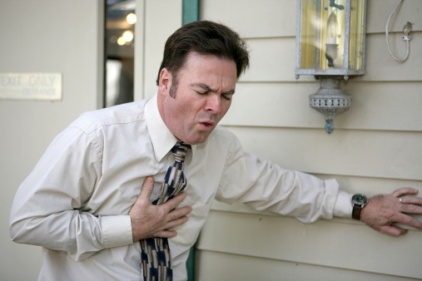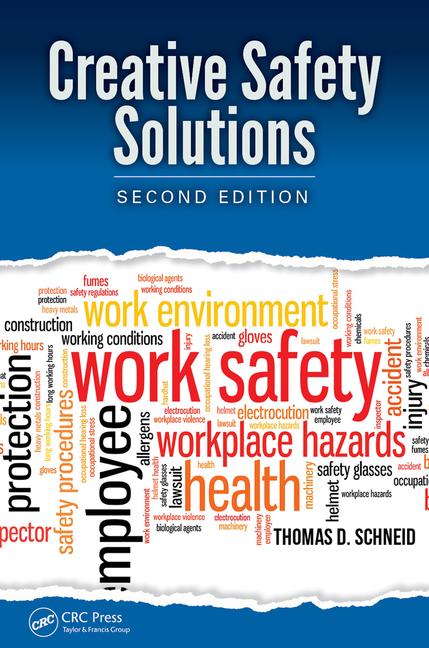 Source: Harvard Medical School
Source: Harvard Medical School
You might be surprised to learn that how you feel emotionally can have a big effect on your heart health.
In fact, the relationship between depression and heart disease is a two-way street. Not only does depression appear to promote heart disease, but it can also result from a heart attack. And depression can sap your motivation, make it hard to concentrate, and leave you feeling hopeless — all of which can make it much harder to take medications as prescribed and stick to a treatment plan.
Depression is also an important consideration for people with heart failure. For people with heart failure who are also depressed, symptoms are likely to worsen more quickly. One study demonstrated that the rate of death and hospitalizations among depressed individuals with heart failure is much higher than in those who don't show signs of depression. And, while depression is more common in women with heart failure, it appears that depression tends to be more severe in men with heart failure.
The good news is that depression can be treated successfully with medications, psychosocial therapy, or both. And research has shown that for people with both heart conditions and depression, treating the depression can improve outcomes for the heart condition. In people who’ve had a heart attack, for example, treating depression with selective serotonin reuptake inhibitors (SSRIs) can reduce the risk of another heart-related event.
Earlier diagnosis and improved treatments are now making it possible to slow the onset of heart failure symptoms. And research has shown that managing depression can lead to better self-care and fewer symptoms in people with heart failure. Successfully managing heart failure involves working closely with your medical team and sticking with your treatment plan. Don’t let depression get in the way.
For more on diagnosing and managing heart failure, visit the Harvard Medical School website http://hms.harvard.edu/





